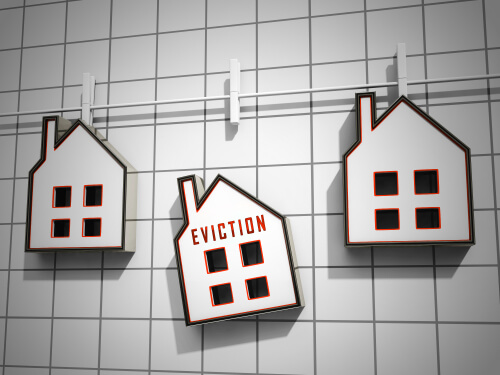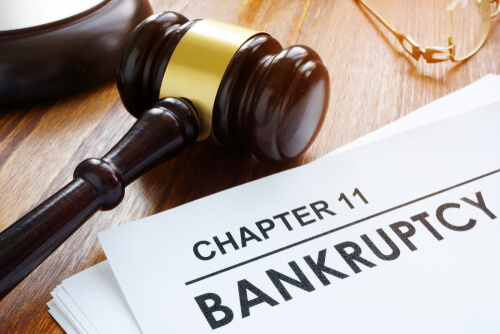As COVID-19 continues to ravage the nation, it’s more important than ever to create an estate plan if you haven’t or update one that is outdated. Shockingly, just a few years ago close to 72 percent of Americans had either no will or an out-of-date one. Especially in the current climate, it’s important to prepare for worst case scenarios, create protections for your loved ones, and even benefit you while you’re still alive. Though New Yorkers are often more familiar with a last will and testament to pass assets to beneficiaries, trusts often provide more benefits and still accomplish the same purpose behind creating a will.
What is a Trust?
Living trusts are legal constructs that can be alternatives to a will, creating a way to move assets of an estate over to beneficiaries. They can be irrevocable or revocable, but the bottom line is they are often advantageous for tax purposes and keep assets in the trust out of probate and away from prying eyes.
Benefits of Creating a Trust in New York
Avoiding Probate
Wills require that every asset listed in them move through a probate court upon the creator’s death. Probate can be costly, often drag on for months or even years, and their speed is largely dependent upon how many matters the court must decide on as the process progresses. Assets placed in trusts, however, allow you to skip this process and pass the assets inside to their intended beneficiaries more quickly.
Privacy Considerations
Probate is a court-administered process, which means that all documents pertaining to the will – the creator’s assets, accountings, records of their income, gains and losses – are entered into the public records and can be located by anyone curious about the proceedings. Trusts allow you to keep your estate’s details away from prying eyes, and can save beneficiaries from potential burglaries and scam attempts by criminals who could otherwise find out through public records that your son just inherited $3 million dollars from your estate through your will.
Planning Ahead
Wills are designed to be utilized upon your death – they serve to give you security that your beneficiaries will receive the assets you designated for them at the time the will is made. Only you can change your will. However, people often lose mental faculties or become incapacitated in advanced age. Trusts, on the other hand, allow you to designate a successor trustee should you be unable to continue managing your trust. They will have the duty to see the trust is managed as you intended.
Speak to a New York Estate Lawyer
Especially in the world today, it’s important that you have a plan for your estate. Trusts are often the best plan to do so; however, trusts can be complicated, and there are a number of different types. One may be more beneficial to accomplish your wishes. The talented New York trust and estate attorneys at MOWK Law can help you review your goals, answer your questions, find a plan that gives your estate maximum protection, and create the necessary documents for you. Contact us today to learn more!










